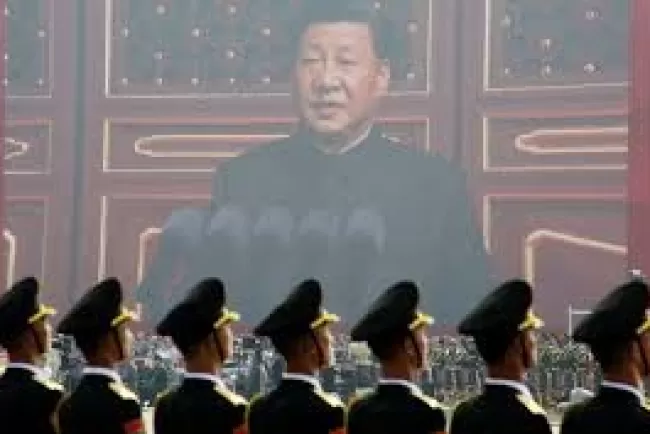Southeast Asia's Strategic Negotiations: Navigating U.S. Tariff Challenges
Southeast Asian nations are proactively engaging with the U.S. to mitigate the economic impact of newly imposed tariffs. This article explores how countries like Vietnam, Cambodia, and Indonesia are opting for negotiations over retaliation while striving to maintain vital trade relationships.
Southeast Asian countries are strategically maneuvering to safeguard their economies amid escalating U.S. tariffs that threaten to disrupt trade. With tariffs ranging from 10% to as high as 50%, nations such as Vietnam, Cambodia, and Indonesia are prioritizing diplomatic engagement with President Donald Trump rather than resorting to retaliatory measures. This approach starkly contrasts with China's immediate retaliation and the European Union's preparations for countermeasures.
Economic Stakes and Diplomatic Engagement
The tariffs have already led to significant losses, wiping out trillions in market value and sparking fears of a potential global recession. Southeast Asia's heavy reliance on U.S. markets drives the urgency for negotiations, as countries like Vietnam and Indonesia face dire economic consequences if the tariffs persist. Prime Minister Pham Minh Chinh of Vietnam has even proposed a meeting with Trump at Mar-a-Lago in hopes of resolving the escalating trade tensions.
In a bid to appease U.S. interests, Vietnam has taken proactive steps by reducing tariffs on American products, including cars, ethanol, and natural gas. Similarly, Malaysia, chairing the ASEAN bloc, is advocating for a collective response among member states to seek a fair resolution. Malaysian Prime Minister Anwar Ibrahim confirmed the country’s commitment to dialogue, denying any unfair tariff practices as claimed by the U.S.
Challenges for Cambodia and Indonesia
Cambodia faces the steepest tariffs in the region at 49%, compelling its government to pledge a reduction on tariffs for U.S. goods. Indonesia, which is subjected to a 32% tariff, has also indicated its intention to ease trade regulations and has expressed readiness to send a delegation to Washington. These actions reflect a broader regional strategy focused on concessions to secure continued trade with the U.S.
Impact on U.S. Companies and Market Dynamics
The ongoing tariff impositions have significantly affected U.S. companies that rely on Southeast Asian manufacturing. Notably, shares of companies like Nike and Lululemon Athletica have surged, underscoring Vietnam's crucial role as a supplier of footwear for these brands. The dynamics of trade in the region are shifting as nations navigate the complexities of balancing their economic interests with U.S. demands.
Conclusion
As Southeast Asia continues to engage diplomatically with the U.S. to address tariff concerns, the region's ability to maintain stable trade relations remains paramount. The unfolding situation highlights the delicate balancing act that Southeast Asian nations must perform to protect their economies while responding to U.S. trade policies. The next steps in these negotiations will be critical in determining the future economic landscape of the region.
What's Your Reaction?
















